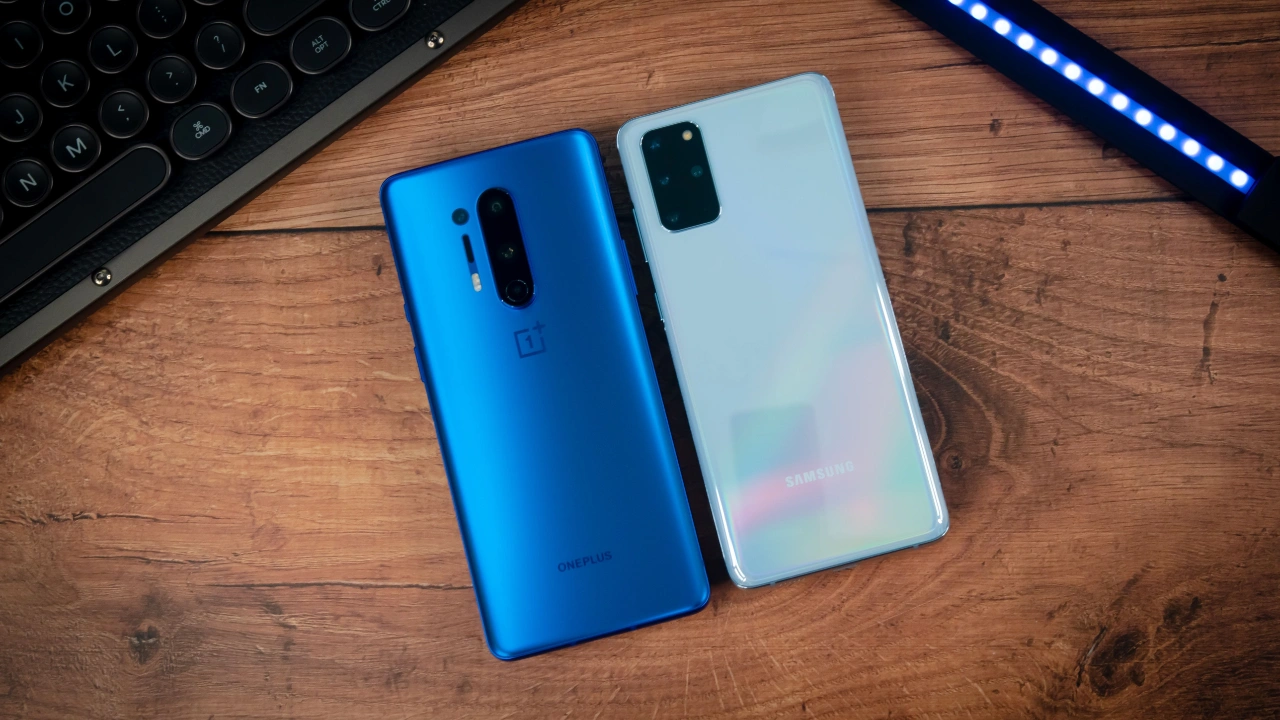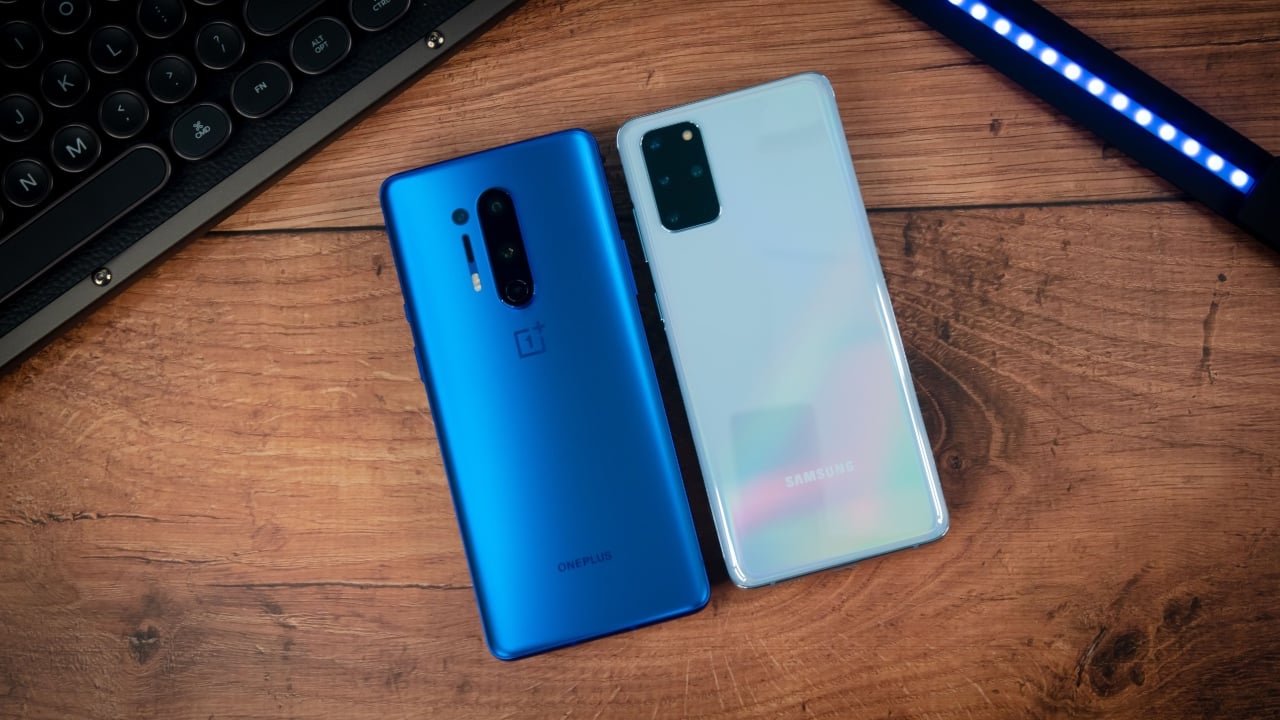
We previously showed you how to unblock numbers on the iPhone, in this guide we will look at how to unblock numbers on your Android Phone. In the age of constant communication, having the ability to block unwanted calls and messages is a valuable feature offered by Android smartphones. However, situations may arise where you need to unblock a number that you previously blocked. This guide will provide a detailed and informative walkthrough on how to unblock a number on your Android phone.
Understanding Blocking on Android
Blocking a number on an Android phone essentially prevents that number from contacting you via calls or text messages. When a blocked number tries to call you, they will hear a busy signal or a message stating that the call cannot be completed. Similarly, when they send you a text message, they will receive a delivery failure notification.
Reasons for Unblocking a Number
There are various reasons why you might need to unblock a number. Perhaps you accidentally blocked a number you intended to keep in contact with, or maybe you want to re-establish communication with a previously blocked contact. Whatever the reason, unblocking a number is a straightforward process.
Unblocking a Number: Step-by-Step Guide
The specific steps involved in unblocking a number may vary slightly depending on the Android version and phone manufacturer. However, the general process remains consistent across different devices. Here’s a step-by-step guide:
- Open the Phone app: Locate and tap on the Phone app icon on your Android phone’s home screen or app drawer.
- Access Settings: Tap on the three vertical dots icon in the top right corner of the Phone app. This will open a menu with various options.
- Select “Settings“: From the menu that appears, choose the “Settings” option. This will open the Phone app’s settings menu.
- Navigate to “Blocked Numbers“: Scroll down the Settings menu and find the “Blocked Numbers” option. Tap on it to access the list of blocked contacts.
- Locate the Number to Unblock: Scroll through the list of blocked numbers until you find the one you want to unblock.
- Initiate Unblocking: Tap on the “X” icon next to the number you want to unblock. A pop-up will appear asking you to confirm your action.
- Confirm Unblocking: Tap on the “Unblock” button in the pop-up window to proceed with unblocking the number.
- Verify Unblocking: Once the confirmation is complete, the number will be removed from the blocked list. You should now be able to receive calls and text messages from that number.
Additional Methods for Unblocking Numbers
In addition to the standard method described above, there are two alternative ways to unblock a number:
- Unblocking from Recent Calls: Open the Phone app and navigate to the Recent calls tab. Identify the recent call from the blocked number and tap on the “i” icon next to it. Then, select the “Unblock” option from the pop-up menu.
- Unblocking from Messages app: Launch the Google Messages app and tap on the three-dot menu icon. Choose “Spam and blocked” from the options. Find the message from the blocked contact and tap on it. Select the “Unblock” option from the pop-up dialog box.
Summary
Unblocking a number on an Android phone is a simple and straightforward process that can be accomplished in just a few steps. By following the detailed instructions provided in this guide, you can easily manage your blocked contacts and ensure that you receive the calls and messages that matter to you. We hope that you find this guide helpful and informative, if you have any comments, questions, or suggestions, please leave a comment below and let us know.
Image Credit: TechieTech Tech
Filed Under: Android News
Latest timeswonderful Deals
Disclosure: Some of our articles include affiliate links. If you buy something through one of these links, timeswonderful may earn an affiliate commission. Learn about our Disclosure Policy.

